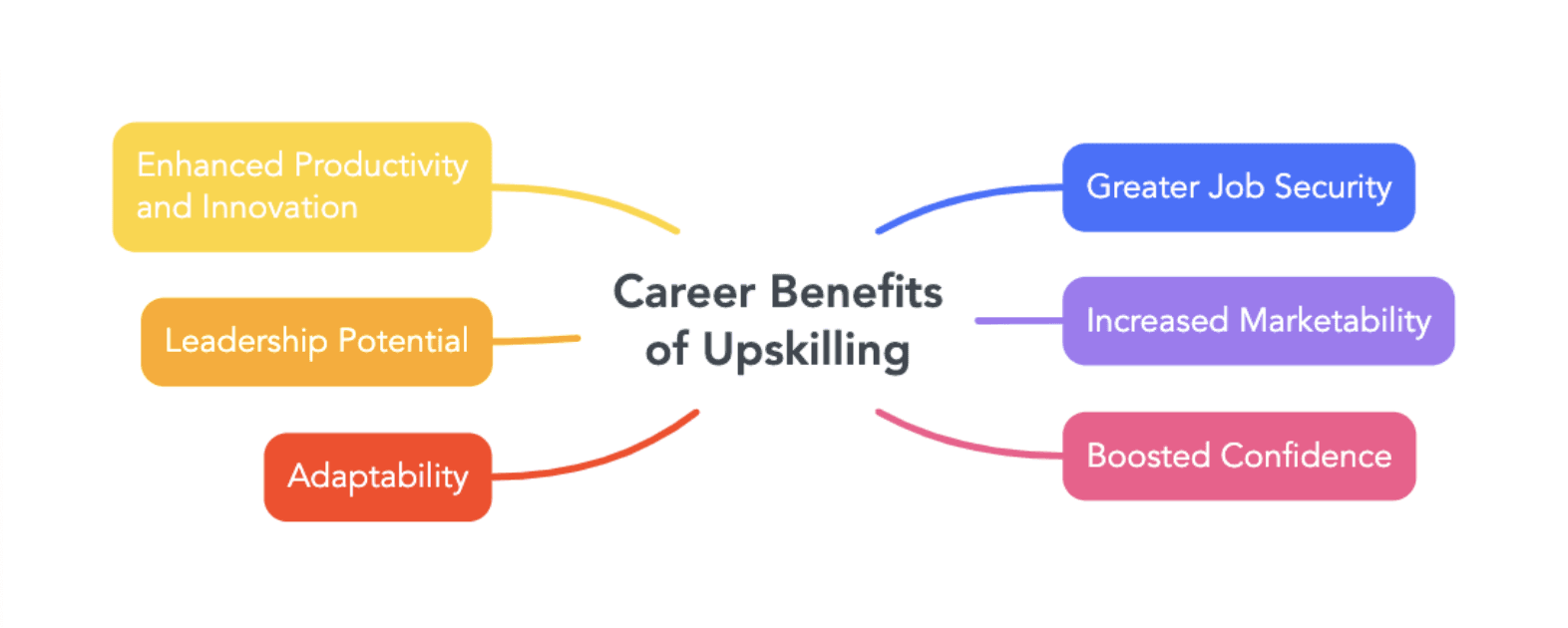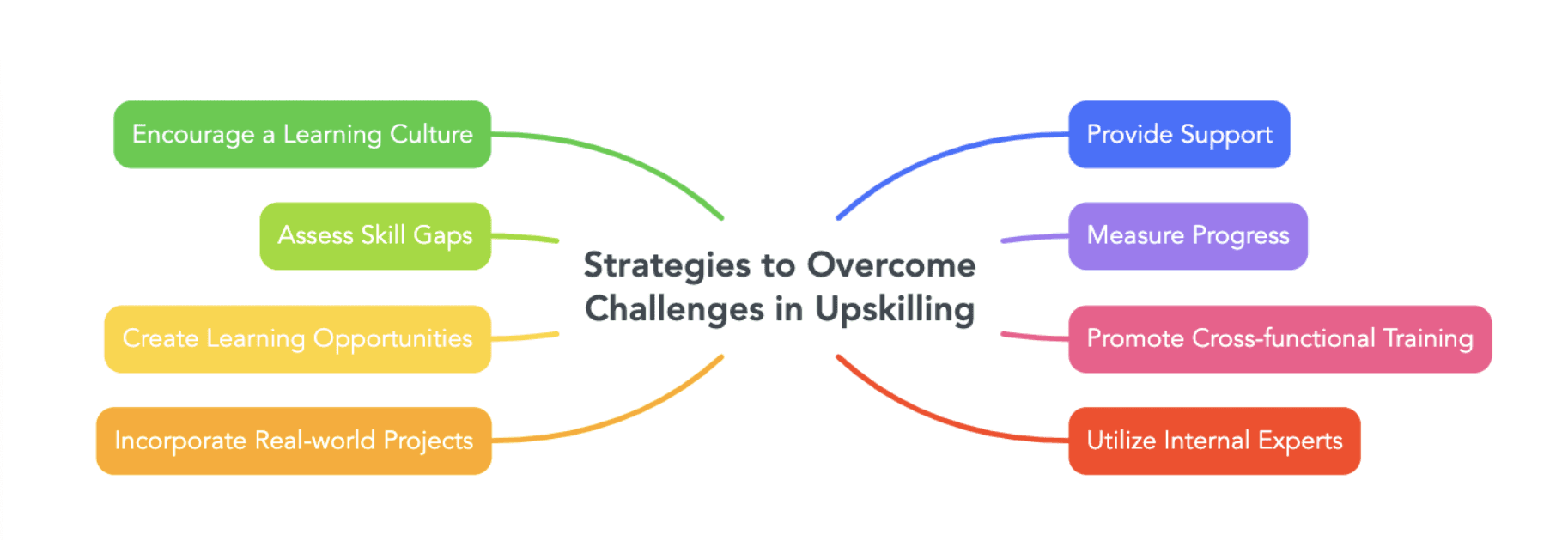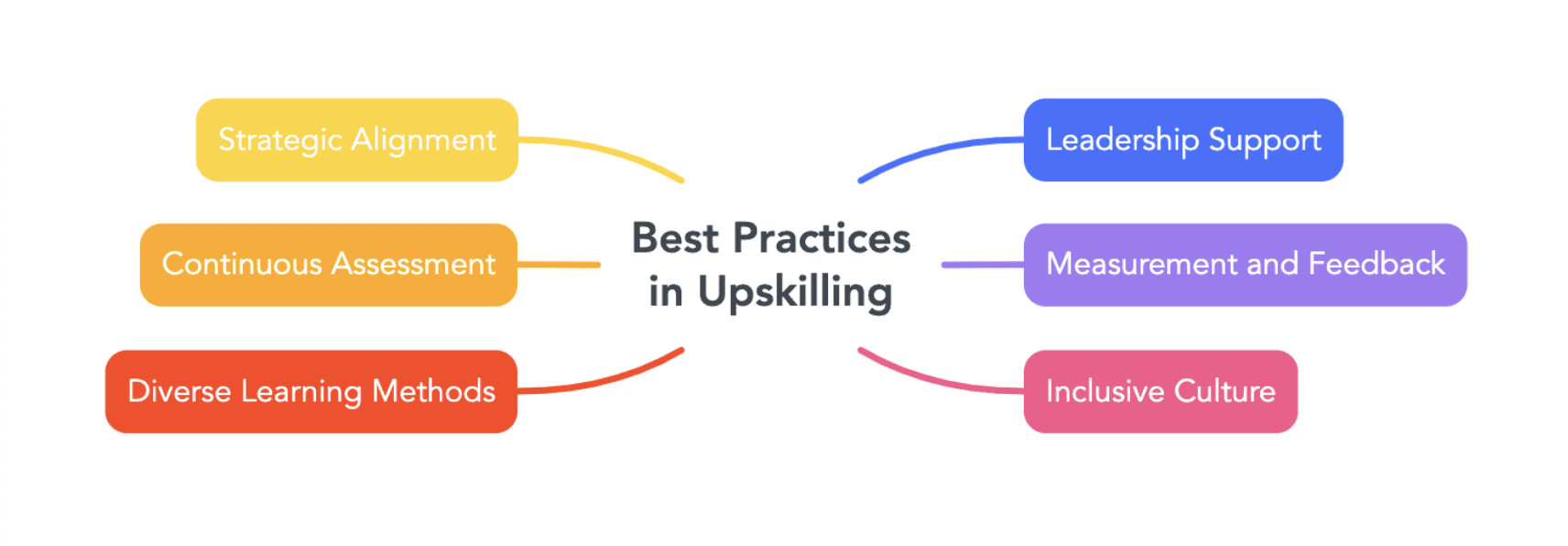
(Blog - 6) Are You Future-Ready? Uncover the Power of Upskilling!
Jun 21, 2024
In today’s fast-paced world, staying relevant and competitive requires more than just foundational knowledge. Continuous learning and upskilling are crucial for adapting to evolving industries and technological advancements. This article explores why upskilling is essential and how it can impact your career.
Why Ignoring Upskilling Impacts Your Organization's Success?
Ignoring the need for upskilling can have significant repercussions for both employees and corporations:

Job Insecurity: Outdated skills can lead to job loss or difficulty finding new employment.
Stagnation: Lack of growth opportunities can result in career stagnation and dissatisfaction.
Decreased Competitiveness: Falling behind peers who continually update their skills.

Reduced Innovation: A workforce lacking up-to-date skills stifles innovation and growth.
Higher Turnover: Employees may leave for companies that offer better development opportunities.
Decreased Productivity: Outdated skills can lead to inefficiencies and reduced productivity.
How Does it Help in Career Advancement?

Enhanced Productivity and Innovation: New skills enable smarter work and problem-solving, correlating with a 12% productivity increase in companies promoting upskilling.
Leadership Potential: Upskilling often includes development in leadership and management capabilities, positioning you for roles with greater responsibility and influence within organizations.
Adaptability: Learning new skills prepares you to adapt to technological advancements and industry changes, ensuring long-term career relevance.
Greater Job Security: Regular upskilling increases your chances (by 35%) of securing new job opportunities in a competitive market.
Increased Marketability: As per LinkedIn survey, upskilling enhances your value to employers, supported by 76% of professionals citing its importance for competitive advantage.
Boosted Confidence: Acquiring new skills fosters a sense of achievement and propels career growth.
What is Upskilling? How Can Continuous Learning Help You Grow?

Upskilling involves learning new skills or improving existing ones to stay current with industry trends and advancements. This ensures professionals remain competitive and adaptable in rapidly evolving environments.
Key components of upskilling include:
Technical Skills: Mastering new tools and technologies relevant to your field.
Soft Skills: Enhancing communication, leadership, and teamwork abilities.
Industry Knowledge: Staying informed about the latest trends and developments in your sector.
Lifelong Learning Mindset: Embracing a proactive approach to continuous personal and professional growth.
Key Challenges Companies Face When Trying to Upskill Their Employees

While upskilling is essential, it comes with its challenges:
Employee Time Constraints: Balancing work, personal life, and learning can be difficult.
Financial Barriers: Courses and training programs can be costly.
Lack of Resources: Limited access to quality training materials and opportunities.
Resistance to Change: Overcoming a fixed mindset in employees and persuading them to embrace continuous learning.
How Can Organizations Overcome the Challenges in Upskilling Their Teams?
To effectively implement upskilling, organizations can adopt the following strategies:

Assess Skill Gaps: Identify the skills needed for future growth and compare them with the current skill set of employees.
Create Learning Opportunities: Offer various learning options such as workshops, online courses, and mentorship programs.
Encourage a Learning Culture: Foster an environment where continuous learning is valued and rewarded.
Provide Support: Offer financial assistance, flexible schedules, and access to resources to support employees in their learning journey.
Measure Progress: Regularly assess the effectiveness of upskilling programs and adjust them based on feedback and outcomes.
Promote Cross-functional Training: Encourage employees to learn skills beyond their immediate role by facilitating cross-departmental training opportunities.
Utilize Internal Experts: Leverage internal subject matter experts to conduct training sessions or mentorship programs, fostering knowledge sharing within the organization.
Incorporate Real-world Projects: Provide opportunities for employees to apply newly acquired skills through hands-on projects or simulations, enhancing practical learning outcomes.
Mastering Upskilling: Best Practices for Continuous Growth

Strategic Alignment: Align upskilling efforts with organizational goals and future needs using strategies to channelize efforts efficiently.
Continuous Assessment: Regularly assessing skill gaps and evolving industry requirements brings in new ideas and reduces room for error.
Diverse Learning Methods: Offer a variety of learning options like workshops, online courses, and peer-to-peer learning.
Leadership Support: Securing commitment and involvement from leadership to prioritize and promote upskilling is a crucial step towards harnessing support.
Measurement and Feedback: Establishing clear metrics to track progress and gather feedback to refine programs has proven to effectively mitigate obstacles hindering growth.
Inclusive Culture: Fostering a culture where learning and growth are encouraged and celebrated across all levels of the organization can boost the organization’s long-term success.
Conclusion
Embrace upskilling for continuous growth. Exploring online courses, workshops, and on-the-job training to stay future-ready is crucial to level-up in the competitive world today. Being proactive and making continuous learning a cornerstone of your professional life is the biggest investment to yourself and your career.
About the authors:
Monalika Sahoo is the HR Manager at Future of HR, Inc. She is also pursuing a postgraduate degree in Anthropology from IGNOU, New Delhi, showcasing her dedication to understanding human cultures and enhancing organizational dynamics.
Muthu Kumar Hanu, aka MK, is a Global HR Technology Executive and co-founder of Future of HR, Inc. Certified in multiple HR and technology domains, MK specializes in mentoring startups and driving organizational change through strategic HR interventions.
Navtesh Dhir is a Product and UX Designer based in Ontario, Canada. He is dedicated to creating user-centric solutions that drive societal impact and foster innovation in public service.
For more information, please reach out to us at hey@futureofhrinc.com.
